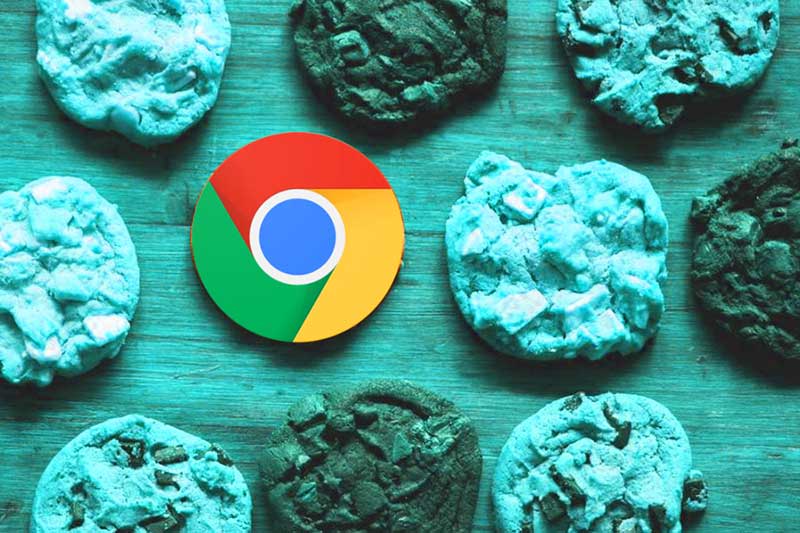
Google has announced that it will begin phasing out support for third-party cookies in Chrome by disabling them for 1% of users starting in Q1 2024. This initial deprecation comes ahead of a broader phase-out for all Chrome users by Q3 2024.
Third-party cookies are small text files that are placed on a user’s computer when they visit a website. They are used by advertisers to track users across different websites and build detailed profiles of their interests. This information is then used to target users with personalized ads.
Google’s decision to disable third-party cookies is a major step towards protecting user privacy. Third-party cookies have been criticized for being intrusive and allowing advertisers to track users without their consent.
Google is developing a number of new technologies to replace third-party cookies, including the Privacy Sandbox. The Privacy Sandbox aims to provide advertisers with the ability to target users with relevant ads without tracking them across different websites.
The upcoming deprecation of third-party cookies is a major change for the online advertising industry. Advertisers will need to adapt their targeting strategies and find new ways to reach their target audience.
Here are some of the potential implications of Google’s decision:
- More privacy for users: Users will have more control over their personal data and will not be tracked across different websites without their consent.
- More relevant ads for users: Advertisers will need to focus on creating more relevant ads that are based on users’ interests, rather than tracking them across different websites.
- New opportunities for advertisers: The deprecation of third-party cookies will create new opportunities for advertisers to reach their target audience in innovative ways.
Overall, Google’s decision to disable third-party cookies is a positive step for user privacy. However, it is important to note that this is a major change for the online advertising industry and advertisers will need to adapt their strategies accordingly.
What advertisers can do to prepare for the deprecation of third-party cookies
Advertisers can take a number of steps to prepare for the deprecation of third-party cookies, including:
- Focus on first-party data: Advertisers should focus on collecting first-party data, which is data that is collected directly from their customers. This could include data such as email addresses, purchase history, and website behavior.
- Invest in contextual targeting: Contextual targeting is a method of targeting ads based on the content of the page that the user is viewing. This is a more privacy-friendly way to target ads, as it does not require tracking users across different websites.
- Use machine learning: Advertisers can use machine learning to create more targeted and relevant ads. Machine learning can be used to analyze first-party data and other data signals to identify patterns and trends.
- Partner with other businesses: Advertisers can partner with other businesses to share data and target their audiences more effectively. For example, a clothing retailer could partner with a travel company to target users who are interested in both clothing and travel.
The future of online advertising
The deprecation of third-party cookies is a major change for the online advertising industry. However, it is also an opportunity for advertisers to innovate and find new ways to reach their target audience.
Advertisers will need to focus on creating more relevant and engaging ads, as well as building stronger relationships with their customers. They will also need to be more transparent about how they use data and give users more control over their privacy.
The future of online advertising will be more privacy-friendly and user-centric. Advertisers will need to adapt their strategies accordingly in order to be successful.
Here are some additional thoughts on the future of online advertising:
- More emphasis on creativity and storytelling: Advertisers will need to focus on creating more creative and engaging ads that tell stories and connect with users on an emotional level.
- More use of data and analytics: Advertisers will need to use data and analytics more effectively to understand their target audience and create more relevant ads.
- More focus on first-party data: Advertisers will need to focus on collecting first-party data from their customers and using it to target and measure their advertising campaigns.
- More partnerships between businesses: Advertisers will need to partner with other businesses to share data and target their audiences more effectively.
- More transparency and user control: Advertisers will need to be more transparent about how they use data and give users more control over their privacy.
Overall, the future of online advertising is bright. However, it is important to note that this is a time of change and advertisers will need to adapt their strategies accordingly.
Citation
 Our company was established
in 2004.
Our company was established
in 2004.